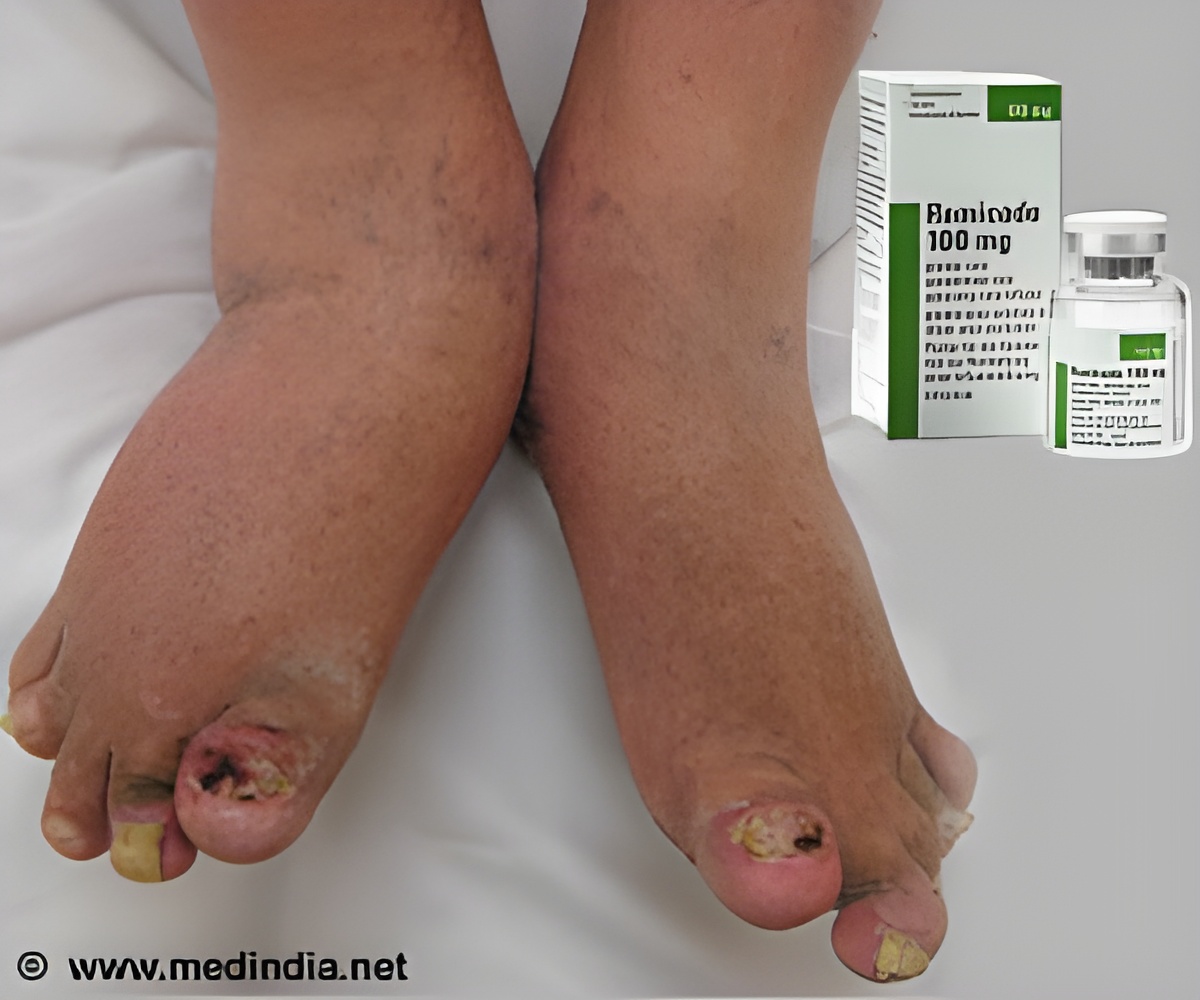
‘Novel non-steroidal benvitimod topical cream is safe and effective for the treatment of psoriasis. No serious side effects were seen.’
Read More..Tweet it Now
The phase III clinical trial conducted in China and is published in the Chinese Medical Jounal.Read More..
Psoriasis is characterized by red patches and plaques and in some patients it is also associated with co-morbid conditions like arthritis, obesity, diabetes, increased cholesterol, cardiovascular diseases or depression. These psoriasis lesions are seen on the face and scalp, additionally they are also present on other parts of the body. They can cause physical discomfort and psychosocial trauma due to their appearance defects.
Psoriasis vulgaris which is characterized by plaques account for 90 percent of patients with psoriasis. Less than 5 percent of the cases are of other varieties including erythrodermic psoriasis, arthritic psoriasis, and pustular psoriasis. For mild to moderate plaque psoriasis, the most common treatment is corticosteroids and vitamin D3 analogs.
Long term use of topical steroids is associated with various side-effects like skin atrophy (decrease in size of cells), hypo- or hyper-pigmentation, telangiectasia (dilation of small blood vessels on the skin or mucus membrane), and skin infections. Use of vitamin D3 analogs needs the monitoring of the calcium and phosphate metabolism.
The side effects of these drugs are significant and there is a need for topical and systemic treatments.
Advertisement
Professor Zhang said, "Benvitimod (also known as tapinarof) is a small molecule that was first isolated from the bacterium Photorhabdus luminescens and was synthesized by late Genhui Chen and his team from Beijing Wenfeng Tianji Pharma. It took more than 20 years to study the mechanism of action, come up with the formulation, and evaluate the efficacy and safety of this compound in patients with psoriasis. It was hard work indeed."
Advertisement
The patients were assessed by using the PASI score (psoriasis area and severity index) which measures the severity of psoriatic lesions. Patients receiving benvitimod cream showed 75 percent or greater decrease in psoriasis size and severity when compared to the pre-treatment levels. However, only 38.5 percent and 13.9 percent patients receiving calcipotriol ointment and placebo, respectively showed reduction in psoriasis size and severity.
Benvitimod cream was well tolerated and the most common side effects were only mild irritation and itching at the site of application. These symptoms resolved spontaneously in most patients. No serious side-effects were observed.
Prof. Zhang said, "The results of this phase III trial are encouraging. The benvitimod cream can soon be a new treatment option for Chinese patients with plaque psoriasis. Given that most patients with psoriasis have plaque psoriasis, this will have a significant impact in terms of reducing the psoriasis disease burden in the country."
Source-Medindia














